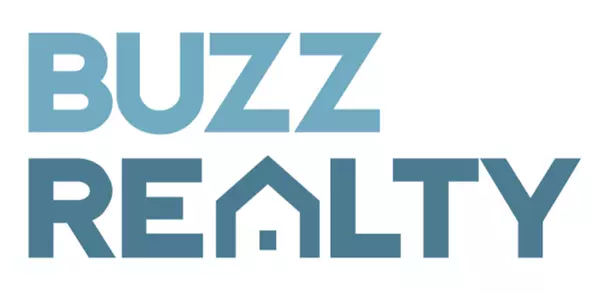How to Avoid Common Mistakes When Investing in Distressed Properties in Brooklyn, NY

Investing in distressed properties can be an excellent way to turn a profit in real estate. However, it can also be a risky endeavor if you're not careful. In this blog, we'll cover some of the most common mistakes that buyers and sellers make when investing in distressed properties in Brooklyn, NY,
Read MoreThe Most Common Real Estate Myths Debunked

The real estate industry is full of myths and misconceptions that can be confusing and misleading for buyers and sellers. With so much information available, it can be challenging to separate fact from fiction. In this article, we'll debunk some of the most common real estate myths and provide you w
Read MoreThe Impact of COVID-19 on NYC's Real Estate Market

The COVID-19 pandemic has had a profound impact on the New York City real estate market. The city has been hit hard by the virus, and many residents and businesses have been forced to adjust their plans and strategies accordingly. This has had a ripple effect on the real estate market, with sellers,
Read MoreThe Importance of Location in Real Estate: What to Look for

When it comes to real estate, one of the most important factors to consider is the location. Whether you are a buyer or a seller, the neighborhood in which a property is located can make a huge difference in terms of price, demand, and overall experience. In this blog post, we will discuss the impor
Read MoreHow to Stage Your Home for Maximum Sale Potential

Selling a home can be a stressful and challenging process. From finding the right real estate agent to pricing your home appropriately, there are so many things to consider. One crucial aspect of selling your home is staging it for maximum sale potential.Staging your home involves making it look its
Read More5 Secrets to Selling Your Home Fast in Brooklyn, NY

Selling your home in Brooklyn can be a daunting task, especially if you're on a tight timeline. However, with the right strategies and tools, you can increase your chances of selling your home quickly. In this blog, we'll share five secrets to selling your home fast in Brooklyn, NY.1. Price your hom
Read MoreThe Role of Technology in the Future of Real Estate: What to Expect

Technology has been transforming the real estate industry for decades, and the pace of change shows no signs of slowing down. From online property listings to virtual home tours, technology is making it easier and more convenient for buyers and sellers to connect and transact. In this article, we'll
Read MoreWhat Makes a Good Real Estate Agent? Qualities to Look For

Buying or selling a home can be a complex and stressful process, but having a good real estate agent by your side can make all the difference. A good agent can help you navigate the market, negotiate the best deal, and provide valuable insights and advice throughout the process. But what exactly mak
Read MoreHow should I prepare to sell my property?

There are many reasons why someone may choose to sell their property. The decision to sell your property can be a daunting one as it involves many steps and considerations. However, with the right preparation, selling your property can be a smooth and successful process. In this blog, we will discus
Read More
Categories
Recent Posts










